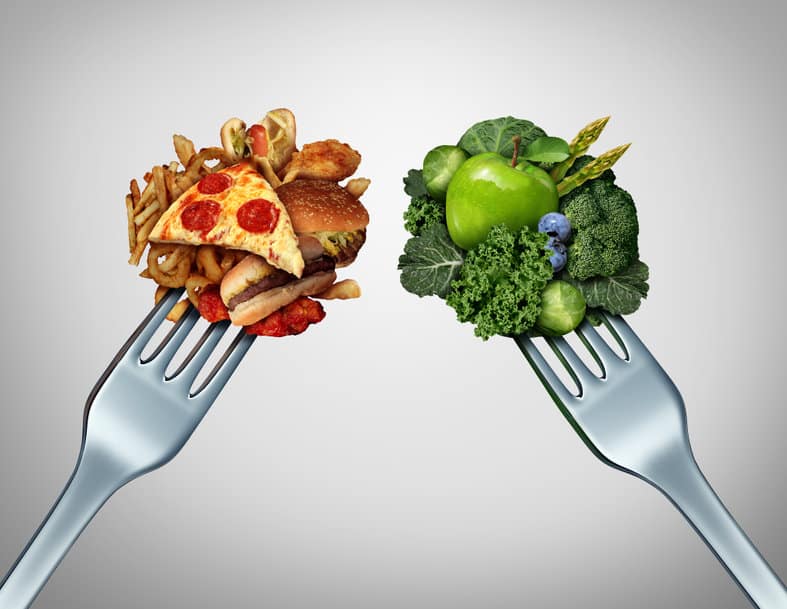By John Salak –
Maybe the collective failure of “dieting” isn’t the fault of weak dieters. Perhaps it’s the fault of how dieting is defined in the face of the modern food environment.
Dr. Michael Lowe of Drexel University believes that is the problem and he’s now convinced the concept needs to be redefined.
The Drexel professor came to this conclusion after reevaluating decades of dieting research and determined that dieting itself isn’t to blame. Rather, Lowe believes that the real culprit is a byproduct of two forces: the modern environment that constantly throws up unhealthy food and its images to the wider public and the “immutable evolutionary heritage” of mankind that drives people to consume food whenever it is available.
Admittedly, these are other factors involved in weight gain and the inability to shed pounds through dieting. Genetics plays a role along with other factors that could undermine willpower, including stress levels, fatigue, insomnia, etc.
Nonetheless, Lowe reports that the current food environment thwarts the ability to control food intake and body mass.
“Research regarding the definition and consequences of dieting has generated controversy for years. This controversy has spilled over into the public domain, especially as eating disorders and obesity have become more prevalent,” said Lowe, noting one of the earliest controversies touches on the restrained eating framework, or Restraint Theory, developed in the 1970s.
The Drexel team examined whether this concept accurately reflected food/weight-related issues, especially beginning in the 1970s and 1980s when a substantial rise in obesity and eating disorders took hold. The researchers believe that the fundamental problem restraint theorists face is that what they call “chronic dieting” really measures weight fluctuations and emotional over-involvement with food. Ultimately, these proponents attributed changing weight levels and food issues to chronic dieting. Lowe’s team maintains chronic dieting didn’t cause these issues. Instead, they were a byproduct of “an emerging, toxic food environment” that began to emerge as the Restraint Theory took hold.
“Stated differently, asking whether dieting is ‘good or bad’ is analogous to asking if taking methadone is good or bad,” Lowe said. “If someone goes on a weight loss diet because of unwanted weight gain or loss of control eating, then dieting will at least temporarily improve these conditions. Just as taking methadone is a consequence of a pre-existing susceptibility to drug addiction, dieting is usually a consequence of a pre-existing susceptibility to obesity or loss of control eating.”
The best answer to curbing dieting requires improving the food environment both societally and within the home.
That, however, is no small challenge considering the size and impact of the food industry. Yet Lowe maintains it is best to refocus society’s larger obsession over food, which he stresses is as unhealthy as the tobacco environment of the 1950s.










